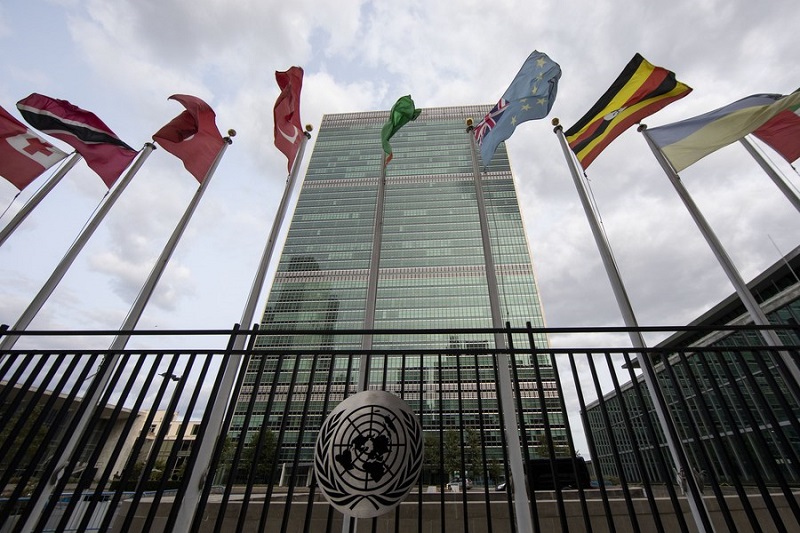
Experts have discussed the profound significance of the new road of Chinese-style modernization for the world and called for the promotion of the Global Development Initiative and the construction of the community of shared future for mankind.
During the Chinese-Style Modernization and GDI Seminar hosted on Thursday by the Academy of Contemporary China and World Studies, an affiliate of the China International Communications Group, 14 experts, scholars, officials and entrepreneurs from major domestic and foreign universities, institutes, government agencies and the business sector have given thoughts on how China contributed to global peace and development through its unique modernization path and how the GDI will benefit the world in an unprecedented way.
Aiming to create synergy in the international community and helping to solve problems hindering global development and realizing the United Nations 2030 Agenda for Sustainable Development as scheduled, President Xi Jinping proposed the GDI at the 76th Session of the United Nations General Assembly last September. The initiative promoting balanced, coordinated and inclusive growth was immediately welcomed by countries. At present, more than 100 countries have shown their support for the GDI and 60 countries have joined the Group of Friends of the GDI.
Zhang Weiwei, dean of the China Institute at the Shanghai-based Fudan University, believed that the special characteristics of the Chinese modernization model, such as its guiding political philosophy of seeking truth from facts, representing the long-term interests of the Chinese people as a whole, other than certain parties or groups, and being centered on people, not votes, and an overall balance of political, social and capital power that benefits most people, ensured its success, which lies behind the leapfrog progress that China has made during the past decade.
Zhao Suisheng, a professor and the director of the Center for China-US Cooperation at Josef Korbel School of International Studies, University of Denver, said China has struck a delicate, yet essential balance between economic growth and political stability, also between market orientation and government guidance.
Compared with the Western modernization model, China's developing path is more suitable to other developing countries, Zhao said. He added that in particular, given its rapid growth and success, China provides the developing world with an inspiring new alternative.
John Ross, a former director of economic and business policy for the mayor of London, said, if the rest of the world, particularly developing countries, could emulate China's achievements, many of the most decisive problems facing humanity could be solved. No country can mechanically copy China, but every country needs to study and learn from China's unparalleled economic success, which is based on Marxism, while naturally applying the lessons to its own specific reality, he said.
Zheng Yongnian, a professor at the Chinese University of Hong Kong, Shenzhen, said the GDI is important for the region and the world since the lack of international public goods is resulting in a crisis in world order.
He said small countries are more likely to be made victims of this chaos. For instance, they withstand more shock from climate change, nuclear proliferation and the public health crisis.
Zheng said it is imperative for China and the US, the two pillars of world order, to manage their conflicts and create space for cooperation to promote true multilateralism and boost re-globalization, other than anti-globalization.
Annette Nijs, former Cabinet Minister for Education, Culture and Science in the Netherlands, said it is high time to accept diversity between countries and civilizations and that is why the GDI is such an important initiative.
"It allows us to get into a positive mindset for global cooperation, where conversation and cooperation don't depend on value systems, but on realizing the objective of prosperity for all people," Nijs said.
She also believed that China should make an offer no nation can refuse, for instance, global cooperation on climate change and cooperation between China, the US and India on patents for COVID-19 vaccines. This will encourage the whole world to join the GDI.